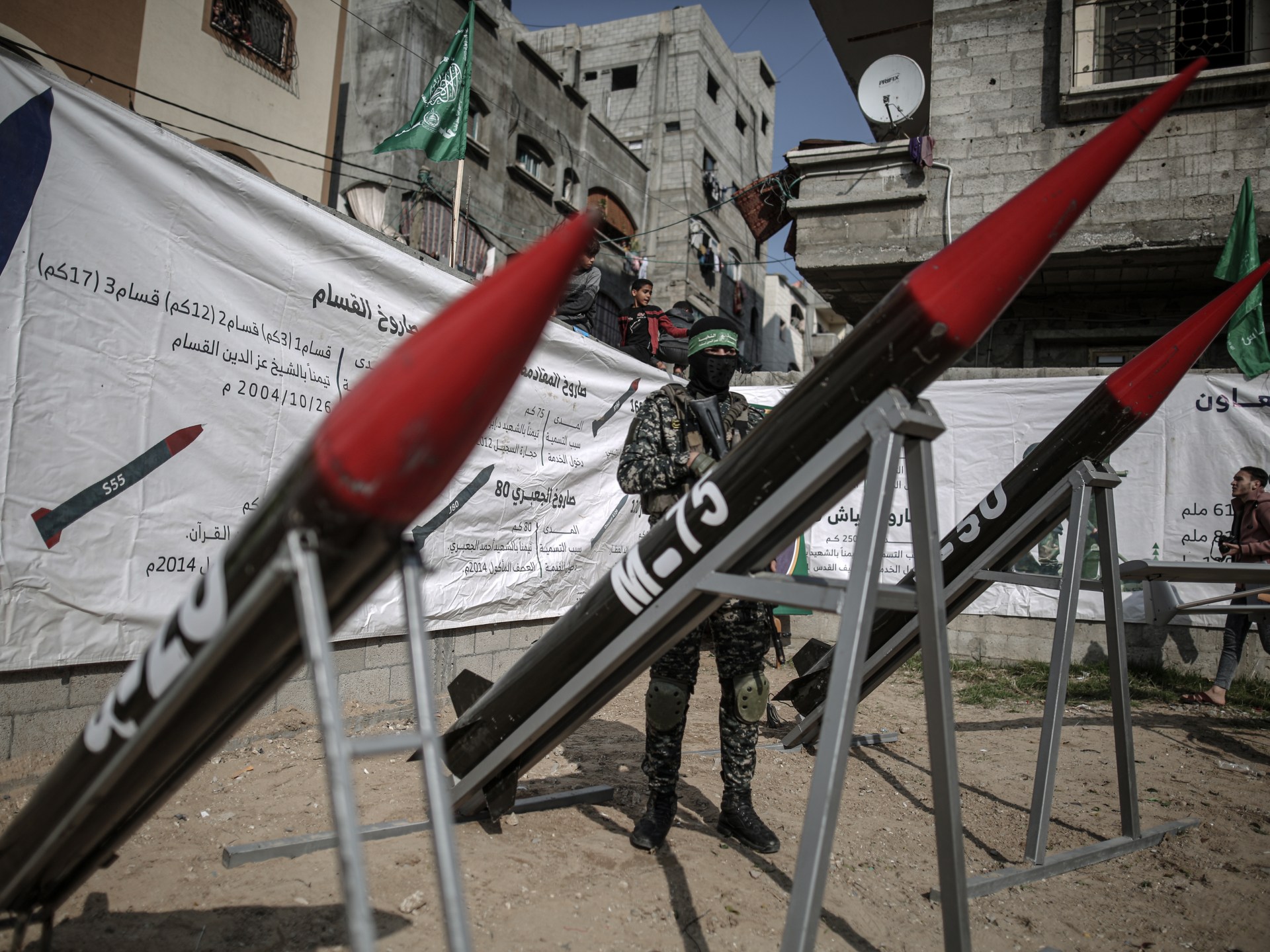A report in the Israeli newspaper The Jerusalem Post says that Israel no longer decides when to start a war, and that Hamas has learned in a more systematic way, with the help of Iran and Hezbollah, how to raise its own ring of fire around Jerusalem.
The report's author, Yona Jeremy Pope, began his report by saying that hikers in the north (Lebanon) mostly kept their pre-planned schedules, and the south (Gaza) mostly returned to its routine within a relatively short period of time, explaining that Hamas's responses to the Israeli army's bombing of its positions "in Lebanon" and Gaza were silent, and it seemed as if Israel had regained deterrence.
Israeli denial
"Make no mistake, reader, Israel no longer has deterrence. This latest round of linking the Temple Mount, Gaza, Lebanon and the entire West Bank is a round of preparation for a surprise one-strike amid persistent Israeli denial that others will not be able to decide when to go to war. Israel no longer decides that."
One can infer this from the 2014 and 2021 Gaza wars in which Israel fell after Hamas used it to score various PR points.
Israel's enemies understand that when they attack on multiple fronts, it makes it difficult for the IDF to respond and creates the impression within Israel, the region and the world that Israel can be engulfed in chaos from multiple sides.
Many challenges
The IDF is aware of this and is trying to enable itself to defend on multiple fronts simultaneously, to deter every individual threat that tries to link multiple fronts, and to adapt to Iran, the main strategic adversary in the competition for influence in the region.
The IDF is sometimes keen to attack those behind the direct attackers, describing this as a complex work for the army, because Iran, Hezbollah, Hamas and other groups have mixed their forces with each other, such as recent attacks from "Hamas affiliates in Lebanon" and attacks from Syria from a variety of groups linked to Iran.
The military has not yet figured out how to respond
Pope concluded that the IDF has not fully figured out how to respond appropriately to this challenge.
The availability of rockets from every front to be fired at almost anywhere in Israel and almost unplanned the moment a new small friction point ignites in East Jerusalem or the West Bank creates a difficult challenge that the IDF may not be able to solve.
Greater than Israel's Capacity
He added that there is certainly a short-term defensive solution to protect civilians from being killed using the Iron Dome system, but the chaos, psychological terror and disruption of normal life caused by these rockets are greater than Israeli control, which requires physical control over the areas from which the rockets are launched.
No official in Israel, no matter how extreme, believes the IDF can occupy and control Gaza, Lebanon and Syria, although very few officials still support the reoccupation of Gaza.
Bob wondered if Israel could deter Iran's proxy groups from firing rockets if Israel began to respond more forcefully or began attacking Iran directly, so Israel used to respond to Iran by attacking senior Iranian officials visiting Syria.

